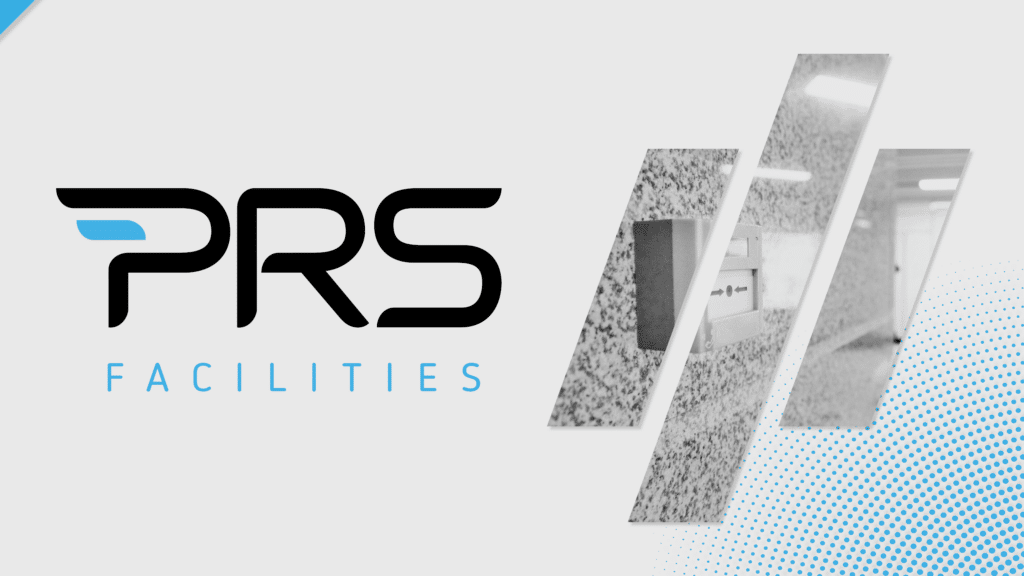Hospitality in Birmingham set for growth
Birmingham. The home of heavy metal. The city of 1001 trades. Brimming with influential culture and an alluring past, the city made history again this year when it hosted the Commonwealth Games; springboarding the hospitality industry back on its feet.
Prior to the Commonwealth Games the hospitality industry in Birmingham thrived on corporate business. How the games altered that is by bringing casual dining and hotel stays to the forefront, with some hotels reporting a 50% increase in occupancy compared to last year.
Following the games, which was described by the Department for Digital, Culture, Media, and Sport as “the most significant investment in a major sporting event since the London 2012 Olympic and Paralympic Games”, comes the news of PRS’s hospitality expansion.
Why Birmingham, and why now?
As of 2022, Birmingham is the third most visited city in the UK by people from foreign nations. We know that tourism is a huge contributor to economic growth and, for Birmingham’s hospitality industry, this news points to a bright future.
Before the games, Birmingham may have been perceived as somewhat behind other cities in terms of its offering, despite its five universities and multiple multicultural institutions; but it is now viewed as a desirable area to visit and is known for the success of hosting the games. With more big events planned between now and Christmas, the city’s hospitality industry should continue to thrive.
PRS’s two new recruits, Barrington Francis, Recruitment Consultant & front of house specialist, and Milan Rodowicz, Recruitment Manager and back of house specialist, have been appointed specifically to develop our hospitality branch in Birmingham and believe it’s the optimal time to be doing so.
“PRS is already a reputable, well established recruitment agency,” says Milan. “When it comes to hospitality, there are lots of agencies out there but I think you’d struggle to find any sector in modern day Britain where there’s not oversaturation. What we’re focussed on is our own progress and creating a service level for our clients and candidates that is unbeatable.”
With no previous hospitality branch in Birmingham, Milan and Barrington have a challenge ahead of them; but both are as equally excited and passionate as the other to build out this sector of PRS and are already doubling their achievements week on week.
“Thus far we’ve not lost a client. Our clients rebook, week in week out, with us; and it’s a pleasure to hear how we’ve changed their perception of agencies” says Milan.
What about the talent shortage?
The COVID-19 pandemic hit the hospitality industry hard, with statistics at the end of 2021 showing that only 3 in 10 hospitality vacancies were being filled. The biggest change over the last 2 years is the shift in top hospitality managers and chefs leaving the industry to pursue other career options.
Milan says, “I’ve regularly come across chefs who have discovered a positive turn in their mental health. There’s no hiding that the hospitality industry is stressful, especially in the kitchen, which is my area of expertise. It’s a very hot place to work and our unpredictable weather recently has intensified the situation.”
“But what happened during the lockdown periods was that chefs were able to experience a less stressful life outside of hospitality which has improved their mental health and, so, the majority have not returned to the industry.”
Barrington and Milan also shed some light on the trends in contract recruitment, which is on the rise in hospitality. Industry-wide, there is more difficulty in securing permanent talent. One theory is that it is because hospitality workers are aware of employers’ struggles to secure talent and are therefore demanding more in the way of pay and reasonable working hours.
Barrington, who was previously a lecturer in hospitality, says, “The younger generation, college and university level students, would historically seek out hospitality roles alongside their studies or to bring in an income over the holidays. We’re not seeing this as much anymore because of the poor hourly rates and the demand for their weekends and evenings. To young people, the hours, conditions and pay make the industry less desirable.”
“All these things impact the industry’s ability to attract and secure talent, so it’s focussing on making the industry more attractive that may provoke change.”
Behold, the future
Milan and Barrington compliment each other well with their backgrounds in hospitality and recruitment, and each share a genuine passion for the hospitality industry. They believe that by implementing change, they can reignite a spark in securing genuine talent for the sector.
“For some clients, agency is a dirty word. They’re used to just getting given anyone and, half the time, those candidates don’t even turn up. So we’re changing that” says Milan. “Our candidates know they will be paid fairly and clients know that they will receive top talent and top service every time. We want to build excellent relationships so that, in 5 years time, it’s us that clients come to because they know exactly what they’ll be getting.”
Birmingham is primed for growth in the hospitality sector and, here at PRS, we’re excited to be a part of it.
We think you’ll agree that our two new hospitality recruits have earned their stripes and are exactly the type of knowledgeable, passionate and forward thinking individuals our clients and candidates deserve.
Our specialist recruitment team operates across the UK and are ready to connect you with a wide range of FM professionals at all skill and experience levels. For a confidential chat about your talent needs, contact PRS on 0207 553 5660 or email info@prsjobs.com.
Share Article
Related Articles

The benefits of colocation in UK data centres
Colocation is a service offered by data centre companies that allows businesses to rent space for their servers and IT infrastructure. This can be far cheaper (and significantly less challenging!) when compared to building their own data centre, but there are a range of other benefits too. The concept of colocation has been around for…

The basics of critical systems such as fire protection, security, and emergency power systems
Critical systems are essential components of any building or facility that aims to provide a safe and secure environment for its occupants. These systems often work alongside each other, or other systems such as Building Management Systems (BMS), to protect the building, its occupants, and its assets from a variety of threats; ranging from natural…